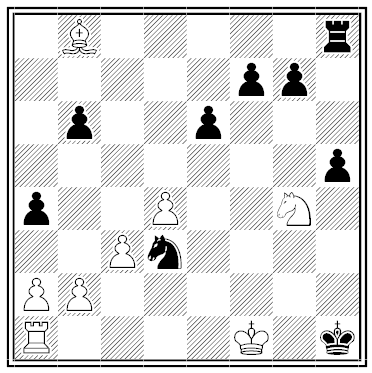
This is clever — in 1885 Andrew Morrison proposed an aerial railway consisting of a series of balloons linked by cables. As each balloon in turn is raised, the passenger car rides down the wire to the next station.
“To render the car as light as possible, a gas-compartment, S, is formed on the top thereof, which, when filled with gas, overcomes by its buoyancy a part of the gravity of the car.”













